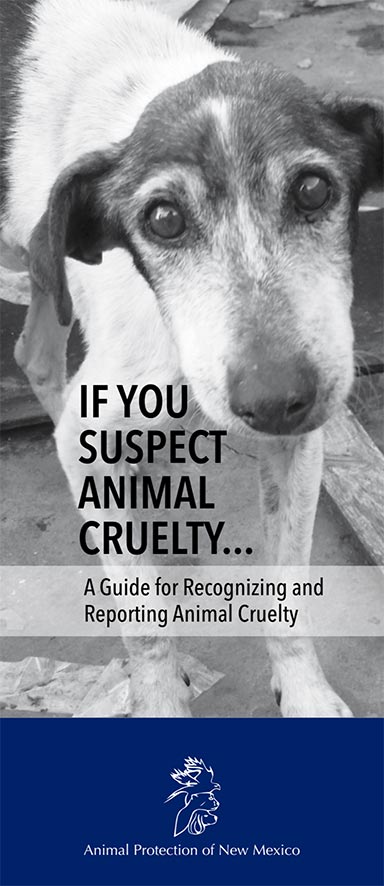Is there anything more disheartening than witnessing an animal in distress? It is a situation that no compassionate individual should have to endure. Unfortunately, reports of animal cruelty are not uncommon, and often, they go unreported due to uncertainty about what steps to take. This article illuminates the process of reporting animal cruelty in Cleveland, Ohio, providing essential information on hotlines and evidence collection tips to empower concerned citizens to take action.
Understanding what constitutes animal cruelty is the first step in effectively addressing the issue. Animal cruelty is not limited to overt acts of violence; it encompasses a broad spectrum of harmful behaviors, including neglect, abandonment, and exploitation. In Cleveland, instances may range from dogs left without water during the sweltering summer months to animals confined in unsanitary conditions. Recognizing these signs is critical. Are you equipped to distinguish between benign neglect and reckless cruelty?
Once you have identified a potential case of animal cruelty, the immediate question becomes: whom do you contact? In Cleveland, the Animal Protective League (APL) plays a pivotal role in combating such incidents. They operate a dedicated hotline specifically for reporting cruelty, which allows individuals to reach out directly for help. The APL hotline number is (216) 771-4616, specifically designed to ensure that your concerns are addressed promptly and professionally.
But before you pick up the phone, take a moment to gather essential information. Providing detailed evidence can significantly bolster your report and ensure a quicker response. Essential evidence may include the following:
- Photographs: Capture clear images of the animal in question, showcasing any visible injuries or poor living conditions. The images should be well-lit and in focus to convey the severity of the situation.
- Videos: If possible, record short videos documenting the animal’s behavior or surroundings. This can be particularly powerful in illustrating distress or neglect.
- Written Accounts: Take meticulous notes of your observations. Include dates, times, locations, and specific incidents that paint a clear picture of the ongoing situation.
- Witness Information: If other individuals have also observed the cruelty, gather their contact information. Multiple accounts can corroborate your claims and lend weight to your report.
Once you have collated your evidence, it is crucial to approach the hotlines or local authorities with precision and clarity. Describe the situation succinctly; the more concise and factual your report, the more effectively it will be handled. Emphasize the welfare of the animal while outlining the specific actions or behaviors that raised your alarm. Bear in mind, that while you may be fervently advocating for the animal, remaining calm and respectful during your communication will facilitate a more productive dialogue.
Moreover, if you’re concerned about anonymity, rest assured that many reporting mechanisms allow for confidential submissions. When you call the APL hotline, you can choose to remain anonymous, which can alleviate fears of retaliation. However, be aware that providing your information may expedite the process of investigation.
In instances where immediate action is required—such as witnessing an animal being physically harmed or abandoned—please contact the Cleveland Police Department by dialing 911. They maintain protocols for emergencies that may involve potential criminal activity. Timely response is essential, as every moment counts in these critical situations.
In cases of systemic cruelty, such as puppy mills or illegal breeding operations, reporting to the Ohio Department of Agriculture is advisable. They have the authority and resources to investigate larger scale operations that may be violating animal welfare laws.
An often-overlooked avenue for reporting is local community boards or online groups focused on animal welfare. Many neighborhoods have dedicated platforms for sharing information and can serve as effective means to amplify awareness on cruelty issues. Engaging your community increases the chances of rallying collective support, which can lead to more rapid action.
After you’ve reported, the waiting period can feel excruciating. Follow-up if you feel it necessary and remain proactive. While the wheels of justice may turn slowly, your vigilance is a vital component in holding abusers accountable. Consider leveraging social media to heighten visibility. Featuring compelling narratives about an impounded animal can encourage your community to rally around the situation, aiding in spreading awareness and potentially finding homes for those in need.
As we navigate the intricate landscape of animal welfare, it’s imperative to remember that each report could be the turning point for an animal in distress. Everyone has the potential to become an advocate for vulnerable beings. So, the next time you witness what seems to be an instance of animal cruelty in Cleveland, take a moment to consider: Will you pick up the challenge and be their voice?
Engagement in these matters can incite change and hopefully diminish the occurrences of cruelty. By standing up and reporting what we see, we unite as a community committed to justice and compassion for all creatures. Let’s pave the way for a safer, kinder world for our furry friends.








